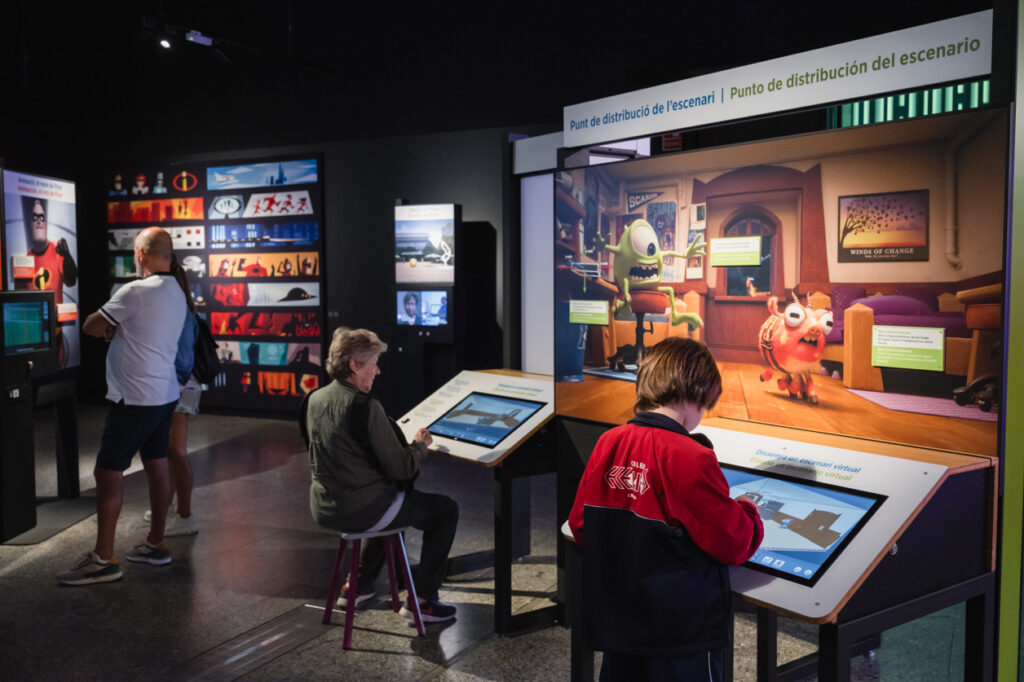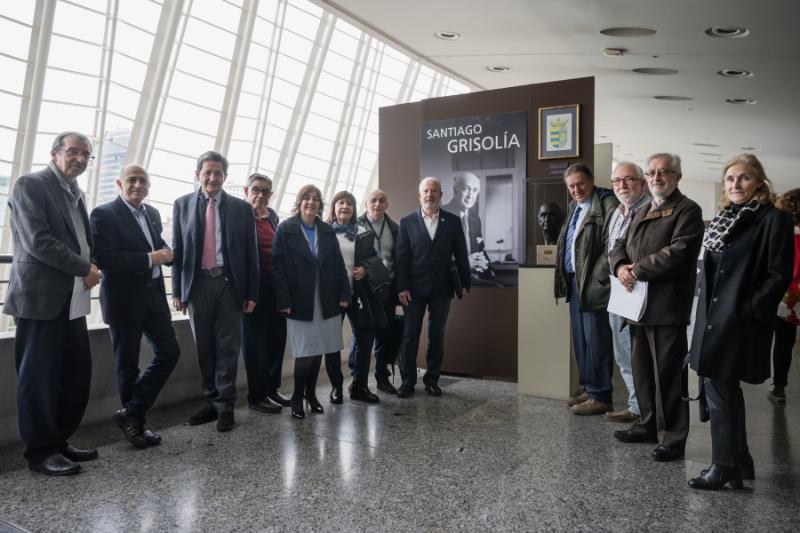OOPS! The page you were trying to access is no longer available or has changed its URL. Here are our featured contents.
Highlights
Recinto:
Exterior.- Discover the perfect fusion between architecture and sculpture at the exhibition “Atchugarry, Towards the Future” at the Ciutat de les Arts i les
Recinto:
Recinto:
Recinto:
Recinto:
Timetables
All the opening hours of the Ciutat de les Arts i les Ciències venues
Information of interest
Find all the most relevant information about the Ciutat de les Arts i les Ciències
News

LA EXPOSICIÓN ‘LA CIENCIA DE PIXAR’ DEL MUSEU DE LES CIÈNCIES SE PRORROGA HASTA EL 1 DE ABRIL
– Más de 400.000 personas han visitado la exposición interactiva que permite conocer la tecnología, la ingeniería y las matemáticas que hay detrás de las películas de Pixar
– El Hemisfèric acoge con gran éxito de público el ciclo ‘Tardes de Pixar’ los sábados a las 18 horas

EL NIVEL DE SATISFACCIÓN DE LOS VISITANTES SE APROXIMA AL 90 % EN 2023
-El informe valora la atención recibida, las instalaciones, los contenidos y la señalética
-Las actividades obtienen el 94 % de satisfacción entre el público encuestado

EL CONSEJO DE ADMINISTRACIÓN NOMBRA A SANTIAGO GRISOLÍA PRESIDENTE HONORÍFICO DEL COMITÉ DE EXPERTOS
El profesor e investigador del CSIC, Jose Luis Rubio, nuevo presidente del órgano asesor integrado por personal docente e investigador de reconocido prestigio de entidades científicas y universitarias de la Comunitat Valenciana









